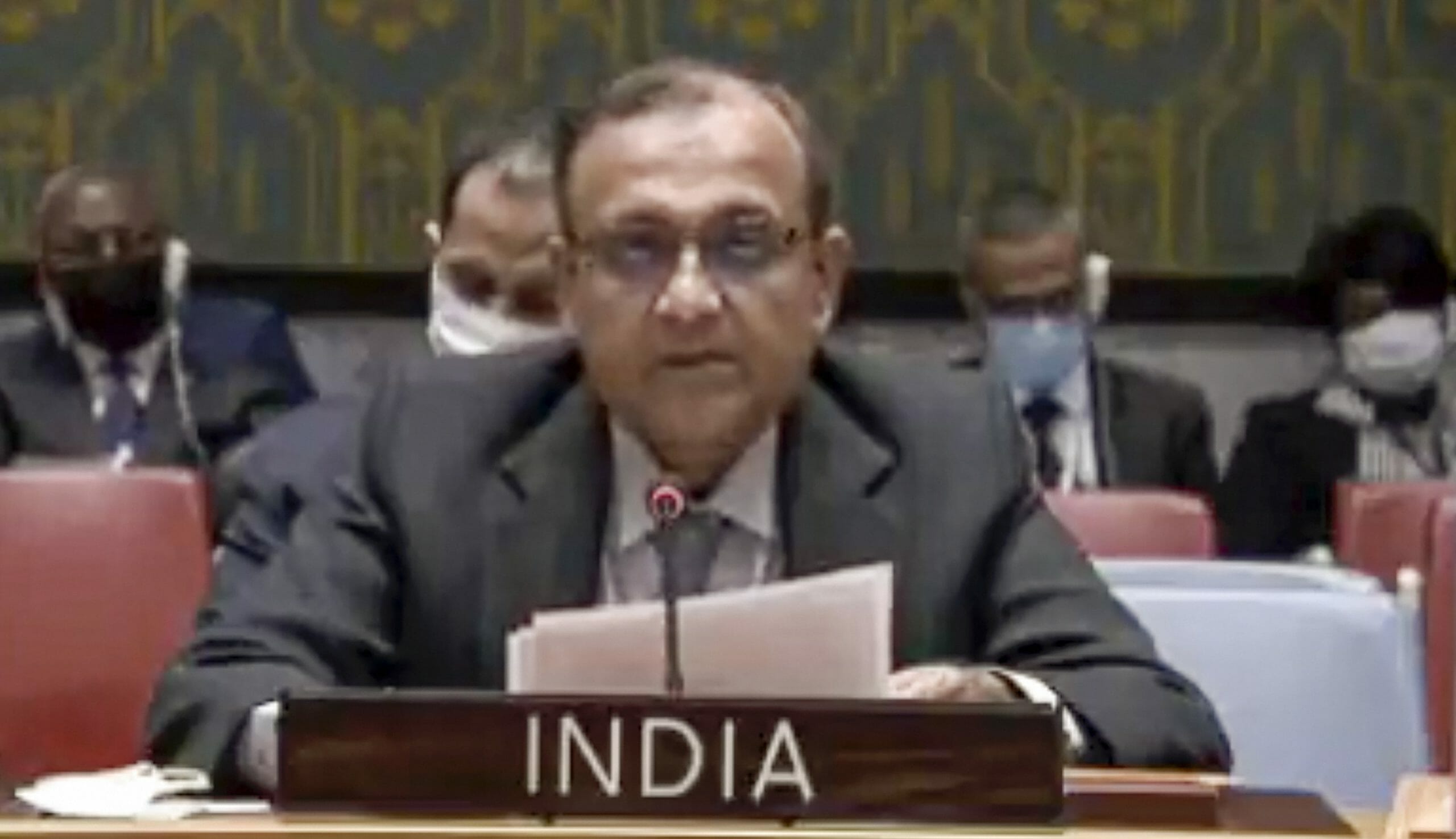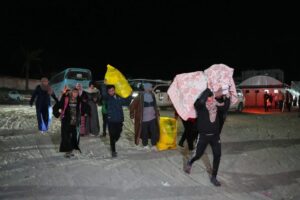
The statement came only hours before two people, including a Sikh, were killed in a bomb blast at the Gurdwara in Kabul.
There cannot be “double standards” on religiophobia and combating it should not be a “selective exercise” involving only one or two religions but also apply equally to phobias against non-Abrahamic religions, India has said at the United Nations.
India’s Permanent Representative to the UN Ambassador T S Tirumurti said on Friday that India has been the greatest victim of terrorism, especially cross-border terrorism.
He called on countries to develop an education system that truly contributes to combating terrorism by promoting the principles of pluralism and democracy.
“As we have emphasised time and again, combating religiophobia should not be a selective exercise involving only one or two religions but should apply equally to phobias against non-Abrahamic religions as well. Till this is done, such international days will never achieve their objectives. There cannot be double standards on religiophobia,” he said.
Tirumurti was speaking at a high-level event to make the celebration of the 1st anniversary of the International Day on Countering Hate Speech titled ‘Role of education to address the root causes of hate speech and advance inclusion, non-discrimination, and peace’.
The strong statement came just hours before blasts in the Gurdwara Karte Parwan in Kabul’s Bagh-e Bala area on Saturday in which two persons, including a Sikh, were killed and seven others were injured.
External Affairs Minister S Jaishankar said in a tweet that the “cowardly attack” on Gurdwara Karte Parwan should be condemned in the strongest terms by all.
India has consistently called, including at various UN platforms, for concerted efforts by the international community to combat hate and violence not just against Abrahamic religions but against all religions, including Sikhism, Buddhism and Hinduism.
On several occasions in the UN, Tirumurti has pointed out that contemporary forms of religiophobia can be witnessed in the increase in attacks on religious places of worship like gurdwaras, monasteries and temples or in the spreading of hatred and disinformation against non-Abrahamic religions in many countries.
India has said that the shattering of the iconic Bamiyan Buddha by fundamentalists, the terrorist bombing of the Sikh gurudwara in Afghanistan where 25 Sikh worshippers were killed in March 2020 and the destruction of Hindu and Buddhist temples call for condemning such acts and religions also.
“The emergence of contemporary forms of religiophobia, especially anti-Hindu, anti-Buddhist and anti-Sikh phobias is a matter of serious concern and needs the attention of the UN and all Member States to address this threat. It is only then can we bring greater balance into our discussion on such topics,” Tirumurti had said earlier this year.
Speaking at the high-level event Friday organised by the Permanent Mission of Morocco and the United Nations Office on Genocide Prevention and Responsibility to Protect, Tirumurti underlined that India’s multicultural edifice has, over centuries, made it a safe haven for all those who seek refuge in India, whether the Jewish community or Zoroastrians or Tibetans or from its own neighbourhood.







